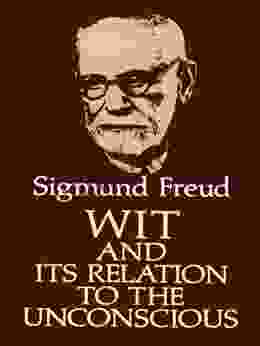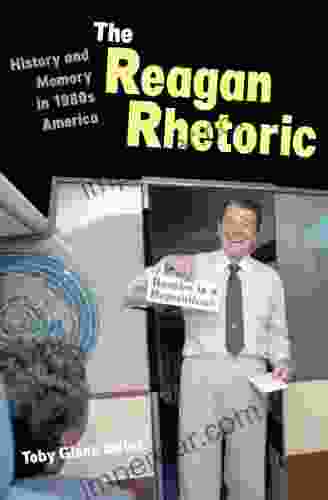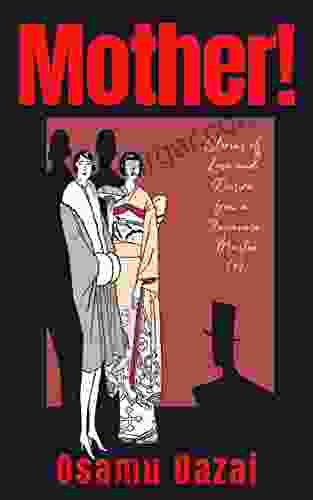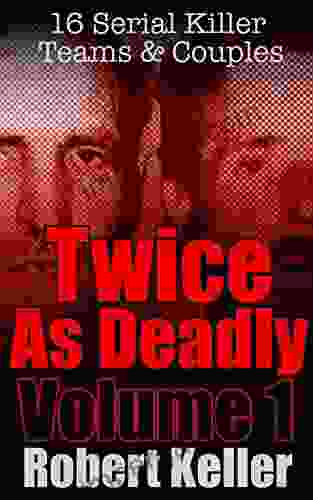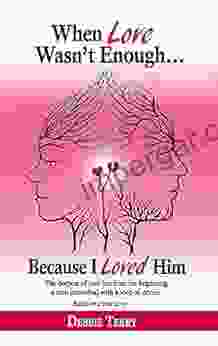Wit and the Unconscious: Unraveling the Enigma of Human Humor

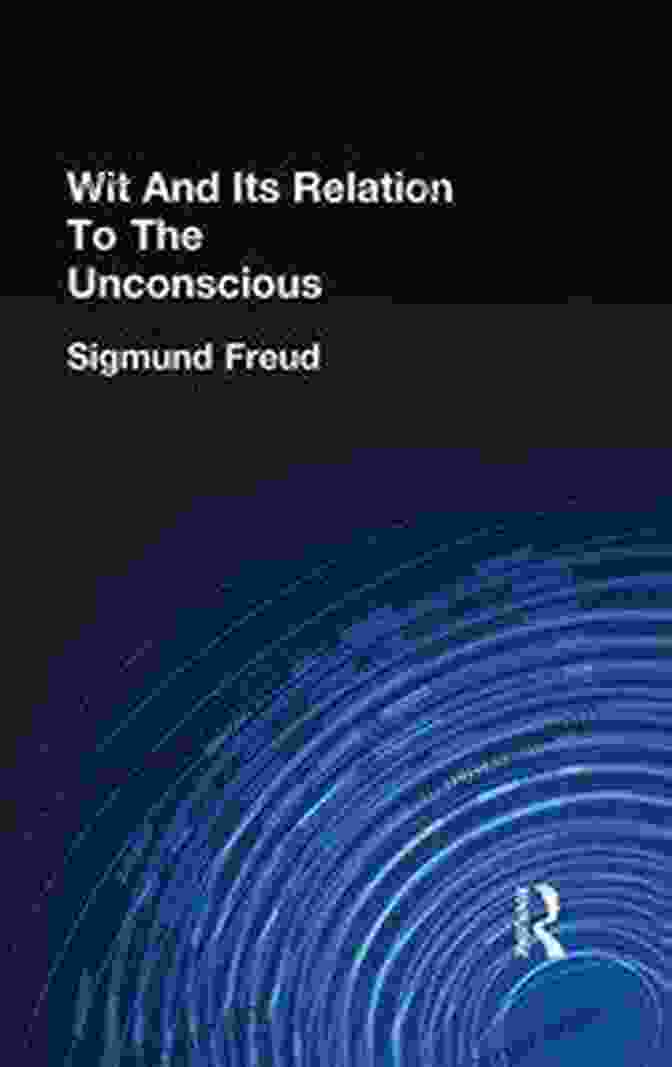
In the tapestry of human existence, humor serves as a vibrant thread, weaving moments of laughter and mirth into our daily lives. From the witty quips that tickle our funny bones to the satirical sketches that challenge societal norms, humor has an undeniable presence in our interactions and experiences. Yet, beneath its seemingly lighthearted façade, humor conceals a profound connection to the unconscious depths of our minds, a connection that has long fascinated philosophers, psychologists, and literary scholars alike. In his thought-provoking work, "Wit and Its Relation to the Unconscious," author Dr. Sigmund Freud delves deep into this enigmatic relationship, casting a penetrating gaze upon the intricate interplay between our conscious and unconscious minds in the realm of humor.
4.1 out of 5
| Language | : | English |
| File size | : | 1079 KB |
| Text-to-Speech | : | Enabled |
| Screen Reader | : | Supported |
| Enhanced typesetting | : | Enabled |
| Word Wise | : | Enabled |
| Print length | : | 398 pages |
| Lending | : | Enabled |
The Role of the Unconscious in Humor
Freud posits that humor originates not solely from conscious thought processes but also from the depths of the unconscious mind. According to his theory, unconscious conflicts, desires, and repressed material find expression in humorous utterances and behaviors. These unconscious elements often manifest themselves through mechanisms such as displacement, condensation, and absurdity, allowing us to safely release pent-up emotions and anxieties in a socially acceptable manner.
For instance, a joke that elicits laughter may subtly incorporate a forbidden desire or impulse that the conscious mind would otherwise suppress. By disguising these unconscious thoughts in a humorous context, we are able to acknowledge and express them indirectly, gaining a sense of relief and catharsis in the process.
Types of Unconscious Humor
Freud identifies various types of humor that stem from the unconscious, each serving a specific psychological function:
* Jokes: Jokes often employ displacement and condensation to disguise unconscious conflicts. By replacing a repressed thought or desire with a seemingly unrelated object or action, the joke allows us to express the unconscious content without incurring social disapproval. * Puns: Puns rely on the principle of condensation by combining multiple meanings of a word or phrase into a single utterance. This condensation can generate unexpected and humorous associations that tap into the unconscious mind. * Slapstick Comedy: Physical humor, such as slapstick comedy, provides a direct outlet for repressed aggression and physical impulses. The exaggerated and often absurd actions in these comedic routines allow us to vicariously release our pent-up frustrations and tensions. * Satire: Satire employs humor to criticize and expose societal flaws and injustices. By using humor as a socially acceptable means of expressing dissent, satire allows us to safely challenge authority figures and question established norms.
Humor as a Defense Mechanism
Freud emphasizes the defensive function of humor in protecting the ego from anxiety and psychic pain. Laughter, he argues, serves as a psychological release valve, providing a temporary respite from emotional distress. By redirecting our attention towards the humorous aspects of a situation, we can distance ourselves from the underlying anxieties that threaten our emotional well-being.
Humor can also function as a defense against the unconscious fears and desires that we may not be consciously aware of. By expressing these unconscious impulses through humor, we maintain a sense of psychological balance and avoid being overwhelmed by repressed emotions.
The Relationship Between Wit and Intelligence
While humor is often associated with intelligence, Freud argues that there is no direct correlation between the two. Wit, he contends, is a specialized ability that involves the nimble use of language and the capacity to perceive and exploit unexpected connections. While intelligent individuals may possess a greater aptitude for humor, it is not an exclusive characteristic of high intelligence.
In fact, Freud suggests that certain types of humor may be more indicative of unconscious conflicts and defense mechanisms than of intellectual prowess. For example, an individual who frequently resorts to self-deprecating jokes may be unconsciously expressing feelings of inadequacy or low self-esteem.
Humor in Literature and Art
Freud's theories on humor have had a profound impact on the analysis of literature and art. By examining the use of humor in literary works, critics can gain valuable insights into the unconscious motivations and conflicts of characters. For instance, in Shakespeare's Hamlet, the protagonist's witty banter and wordplay can be interpreted as a defense mechanism against the overwhelming guilt and grief he experiences.
Similarly, in the works of renowned comedians such as Charlie Chaplin and Stephen Colbert, humor serves as a means to critique societal norms, expose political hypocrisy, and grapple with the complexities of human existence.
"Wit and Its Relation to the Unconscious" is a seminal work that has revolutionized our understanding of humor. By shedding light on the intricate interplay between the conscious and unconscious mind, Freud has demonstrated the profound psychological and social significance of humor. From the harmless witticisms we exchange with friends to the biting satire that challenges societal structures, humor is an indispensable part of the human experience, offering us a unique window into the depths of our own minds.
Whether it's the laughter that fills a crowded comedy club or the subtle chuckle that escapes our lips during a private moment of reflection, humor provides us with a means to connect with others, release tension, and navigate the complexities of life. As we delve deeper into the enigmatic world of wit, we gain a greater appreciation for its transformative power and its essential role in shaping our thoughts, feelings, and interactions with the world around us.
4.1 out of 5
| Language | : | English |
| File size | : | 1079 KB |
| Text-to-Speech | : | Enabled |
| Screen Reader | : | Supported |
| Enhanced typesetting | : | Enabled |
| Word Wise | : | Enabled |
| Print length | : | 398 pages |
| Lending | : | Enabled |
Do you want to contribute by writing guest posts on this blog?
Please contact us and send us a resume of previous articles that you have written.
 Book
Book Novel
Novel Page
Page Chapter
Chapter Text
Text Story
Story Genre
Genre Reader
Reader Library
Library Paperback
Paperback E-book
E-book Magazine
Magazine Newspaper
Newspaper Paragraph
Paragraph Sentence
Sentence Bookmark
Bookmark Shelf
Shelf Glossary
Glossary Bibliography
Bibliography Foreword
Foreword Preface
Preface Synopsis
Synopsis Annotation
Annotation Footnote
Footnote Manuscript
Manuscript Scroll
Scroll Codex
Codex Tome
Tome Bestseller
Bestseller Classics
Classics Library card
Library card Narrative
Narrative Biography
Biography Autobiography
Autobiography Memoir
Memoir Reference
Reference Encyclopedia
Encyclopedia Shinichi Maruyama
Shinichi Maruyama Stephen G Myers
Stephen G Myers Stephen Mulhall
Stephen Mulhall Ursula K Heise
Ursula K Heise Stephen Bucaro
Stephen Bucaro Alan Watts
Alan Watts Thomas Blood
Thomas Blood Vincent Bugliosi
Vincent Bugliosi D E Stevenson
D E Stevenson Taco Palmer
Taco Palmer Ryszard Kapuscinski
Ryszard Kapuscinski Mark Bowden
Mark Bowden Vanessa B Gorman
Vanessa B Gorman Wendy Newman
Wendy Newman Waltenegus Dargie
Waltenegus Dargie Softcover Reprint Of The Original 1st Ed 2002...
Softcover Reprint Of The Original 1st Ed 2002... Nancy Collamer
Nancy Collamer Susan Thomas
Susan Thomas William Bill Hammond
William Bill Hammond Sophia Dharma
Sophia Dharma
Light bulbAdvertise smarter! Our strategic ad space ensures maximum exposure. Reserve your spot today!
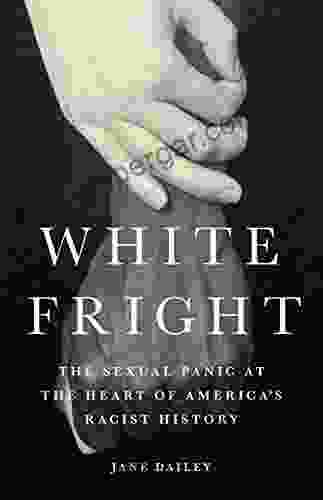
 Marcel ProustUnveiling the Sinister Nexus of Sex, Race, and Power: "The Sexual Panic at...
Marcel ProustUnveiling the Sinister Nexus of Sex, Race, and Power: "The Sexual Panic at... Xavier BellFollow ·16.3k
Xavier BellFollow ·16.3k Ryan FosterFollow ·12.8k
Ryan FosterFollow ·12.8k Arthur C. ClarkeFollow ·4.3k
Arthur C. ClarkeFollow ·4.3k Christian CarterFollow ·12.7k
Christian CarterFollow ·12.7k Hassan CoxFollow ·4.9k
Hassan CoxFollow ·4.9k Gordon CoxFollow ·4k
Gordon CoxFollow ·4k Larry ReedFollow ·19.6k
Larry ReedFollow ·19.6k Derek BellFollow ·8.7k
Derek BellFollow ·8.7k

 Everett Bell
Everett Bell12 Horrific American Serial Killers: A Spine-Chilling...
Immerse yourself in the darkest recesses of...
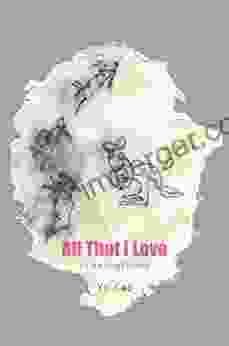
 Ross Nelson
Ross NelsonDiscover the Enchanting World of "All That Love...
Prepare to embark on an...
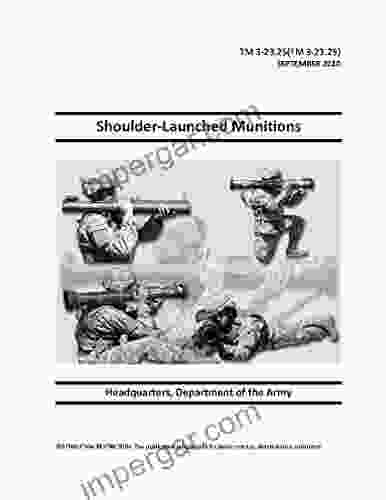
 Cooper Bell
Cooper BellUnveiling the Secrets of Shoulder-Launched Munitions: The...
: Unlocking the World of Shoulder-Launched...
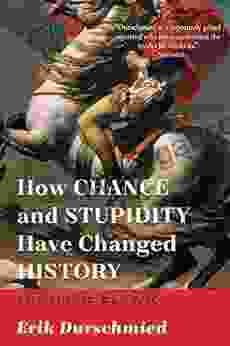
 Boris Pasternak
Boris PasternakHow Chance and Stupidity Have Changed History: A...
Prepare yourself for...
4.1 out of 5
| Language | : | English |
| File size | : | 1079 KB |
| Text-to-Speech | : | Enabled |
| Screen Reader | : | Supported |
| Enhanced typesetting | : | Enabled |
| Word Wise | : | Enabled |
| Print length | : | 398 pages |
| Lending | : | Enabled |


